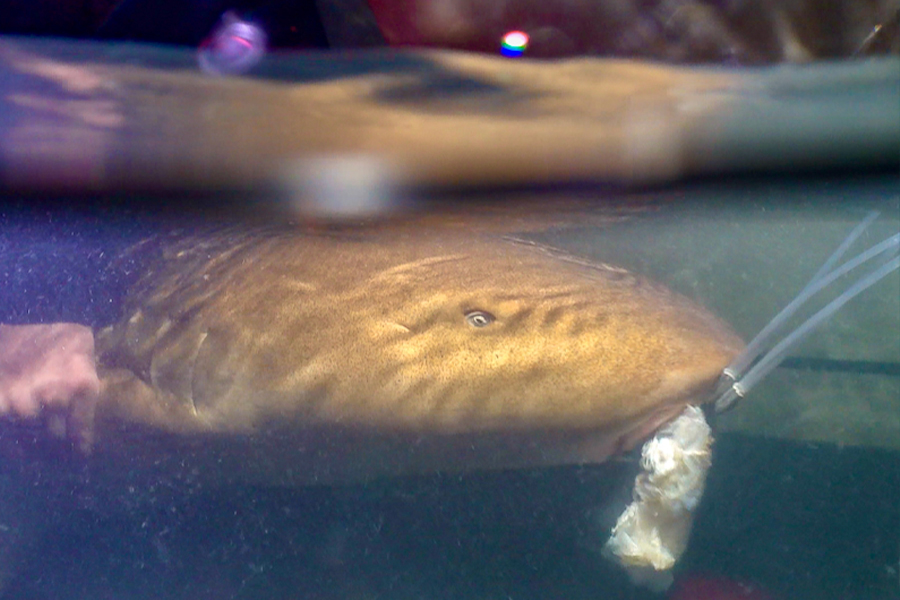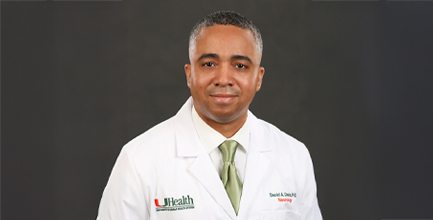Imagine if the next breakthrough in cancer biology or dementia did not start in a lab. Imagine it began with an odd little fish, a living coral, or a long-lived dolphin, species shaped by real world environmental exposures that humans increasingly share.
At UHealth and the University of Miami, that question is more than curiosity. It is a research approach built on one of the most biologically rich marine environments in the United States and anchored by deep expertise across marine science, medicine, and public health. Explore how we are using what's in the water to tackle some of medicine's toughest dilemmasRead the full article as seen in the New York Times and Wall Street Journal.







